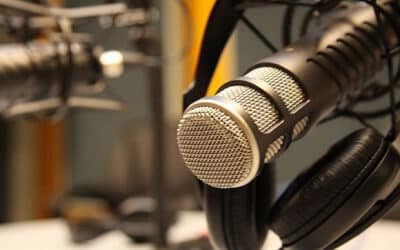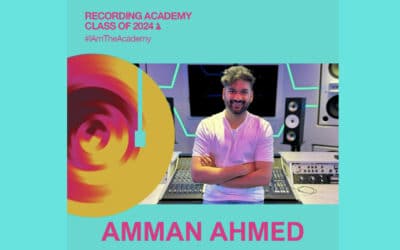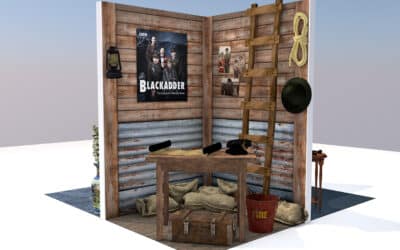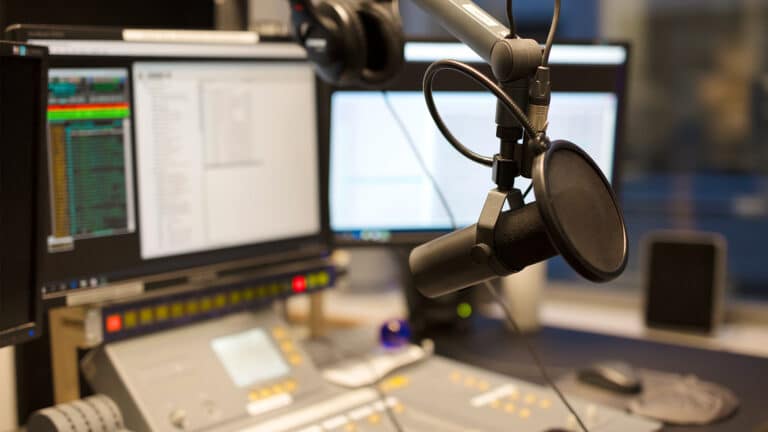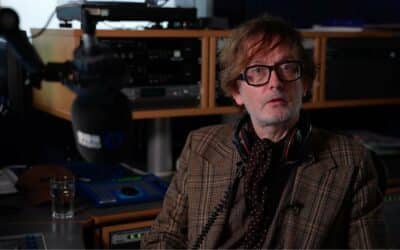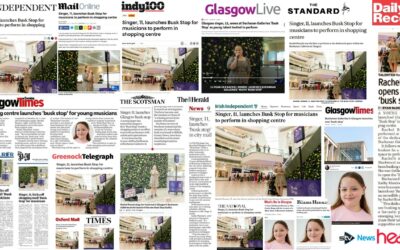BBC plans to launch a Radio 2 “golden oldies” spin-off station have been thwarted, at least for now, after the regulator ordered the corporation to conduct a full public interest test following complaints from commercial rivals.
The pop nostalgia digital station would have offered “a distinctive take on pop nostalgia, curating the story of pop music primarily from the 1950s, 1960s and 1970s by some of the people who shaped the cultural landscape at the time, aided by unique access to the BBC’s archive,” according to the BBC’s announcement in February.
Paul Gambaccini has been touted as a likely presenter, as well as Steve Wright prior to his passing shortly after the new channels were announced.
The BBC had planned to launch the as-yet-unnamed station on its Sounds app later this summer, and then on DAB+ later in the year, but those plans were widely criticised within the industry, particularly during a period when the national broadcaster is making cutbacks.
Industry body Radiocentre said at the time of the announcement – which also included plans for Radio 1 and 3 spin-offs on DAB, which have since been approved: “These new proposals are an attempt to directly imitate the recent success of commercial stations that already provide these genre stations following years of significant investment made by our sector.”
It added: “We would like to know where the money is coming from to fund these new services. The BBC often say that they need more funding to sustain current services and that they have already cut costs to the bone – including recently cutting back news and local radio funding. What are the BBC cutting to fund these new unnecessary services?”
The regulator has now ordered the corporation to conduct a full public interest test after raising concerns that a launch on Sounds could damage online stations already serving “baby boomer” music fans.
Ofcom will also conduct its own assessment of whether the Radio 2 extension could have a “significant adverse impact” on the ability of smaller commercial stations to compete, before deciding whether it can launch.
The National Union of Journalists has welcomed Ofcom’s decision. Sian Jones, NUJ national broadcasting organiser, said: “It’s right that any proposed new BBC services go to a full public consultation, as public money is being used. The NUJ previously raised concerns that music spin- off stations would largely duplicate what can be provided by the commercial sector.
“We would prefer that the BBC used its already-limited funding to protect BBC Local Radio services and reinstate some of the programmes and content that has been lost. In particular, we believe the BBC should consider again its decision to share afternoon local news bulletins in around 20 locations – our view is that live and local news, produced in the area the station serves – is a basic cornerstone of true local public service broadcasting.”
A BBC spokesperson said: “We are respectfully following the right regulatory processes in line with the Charter, Agreement and Ofcom regulation. This includes running a detailed Public Interest Test for our music extensions and having an ongoing dialogue with the music industry, Ofcom and our radio industry colleagues.
“Our plans are distinctive and measured, offering more choice and value to licence fee payers and doing so in a way only the BBC can.”
Radio 2 is the UK’s most popular station with around 13m listeners. Successive Rajar reports have shown a gradual haemorrhaging of listeners to commercial radio, however, particularly since mainstay Ken Bruce jumped ship for Greatest Hits Radio last year.

